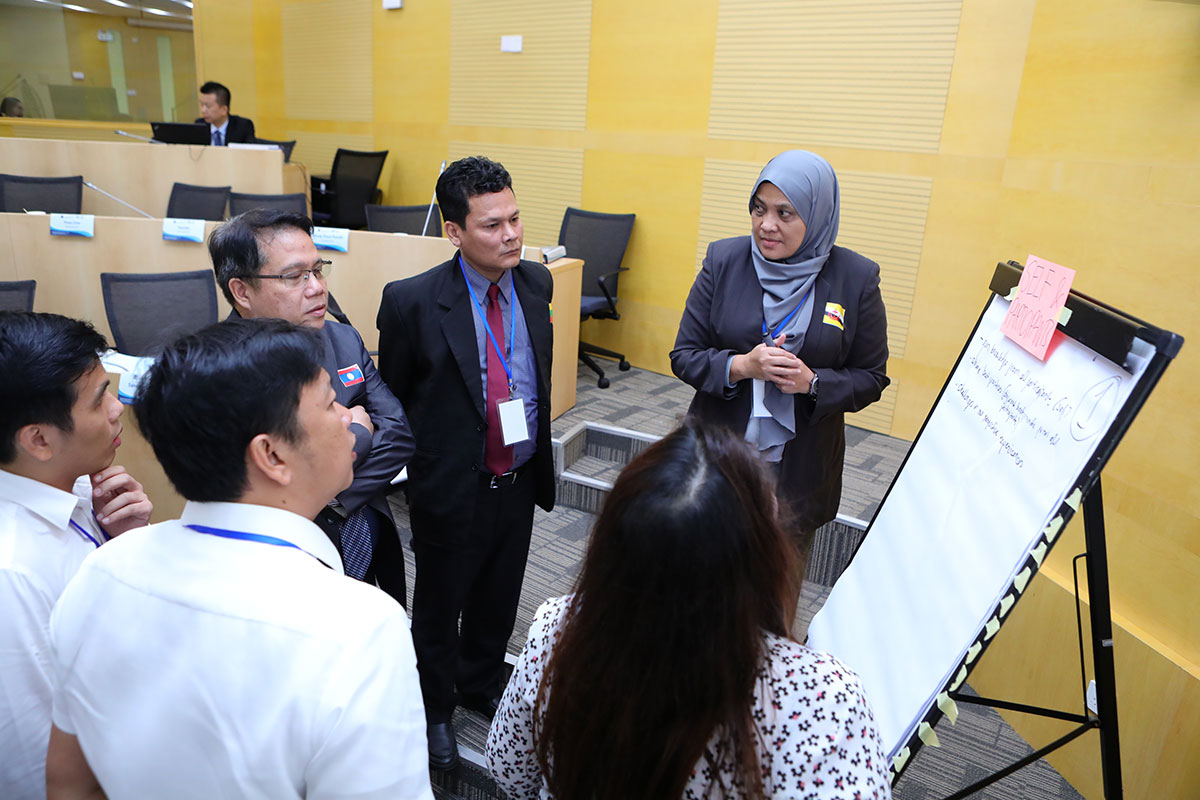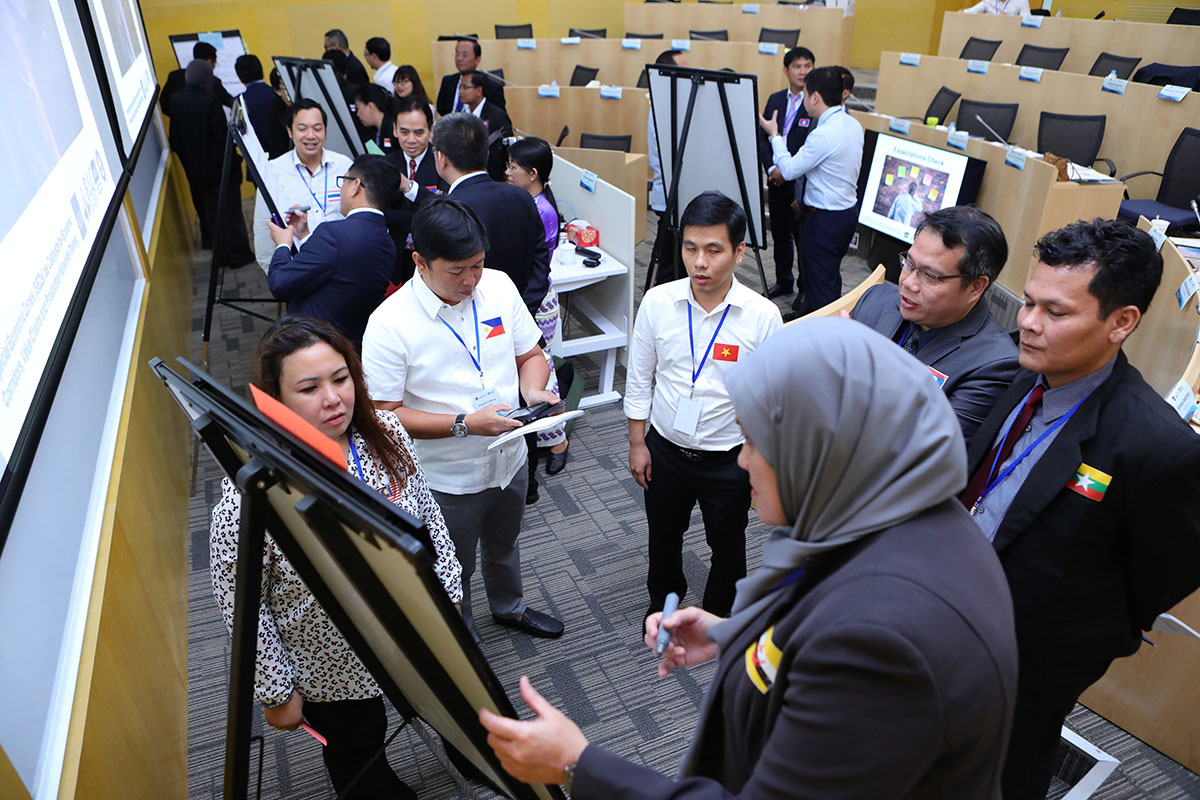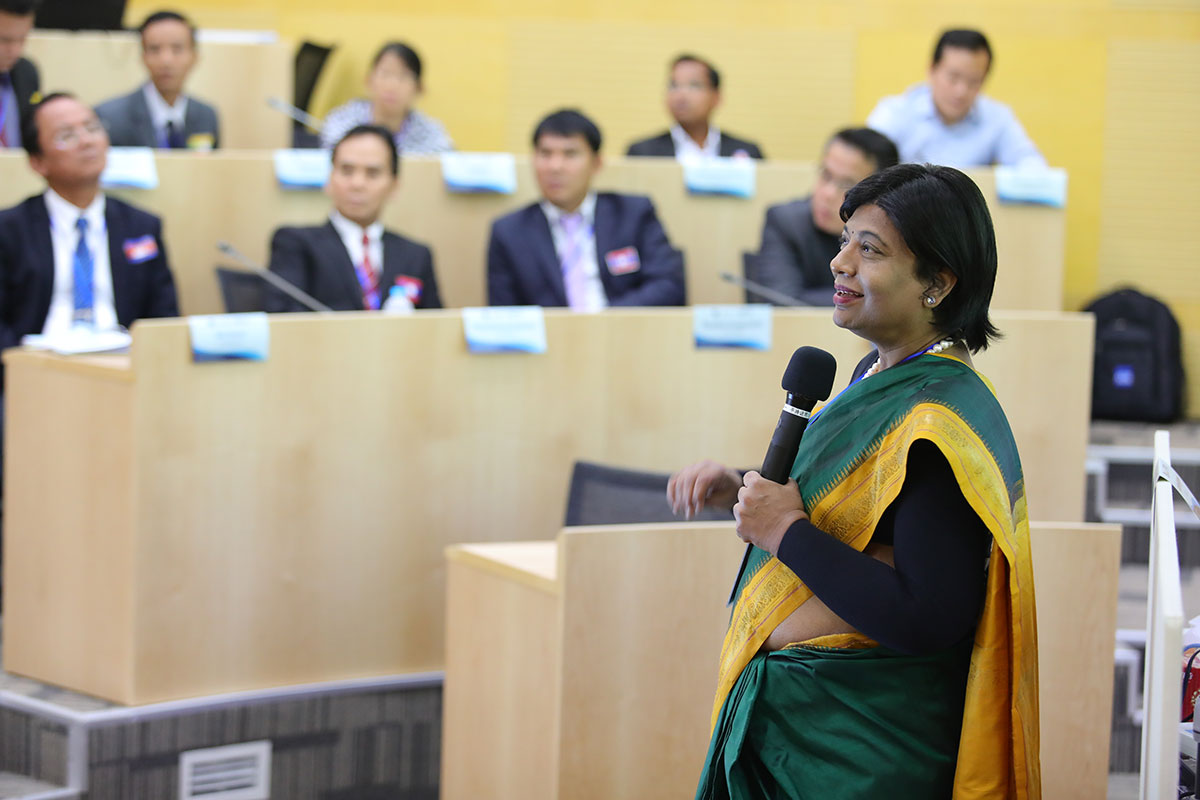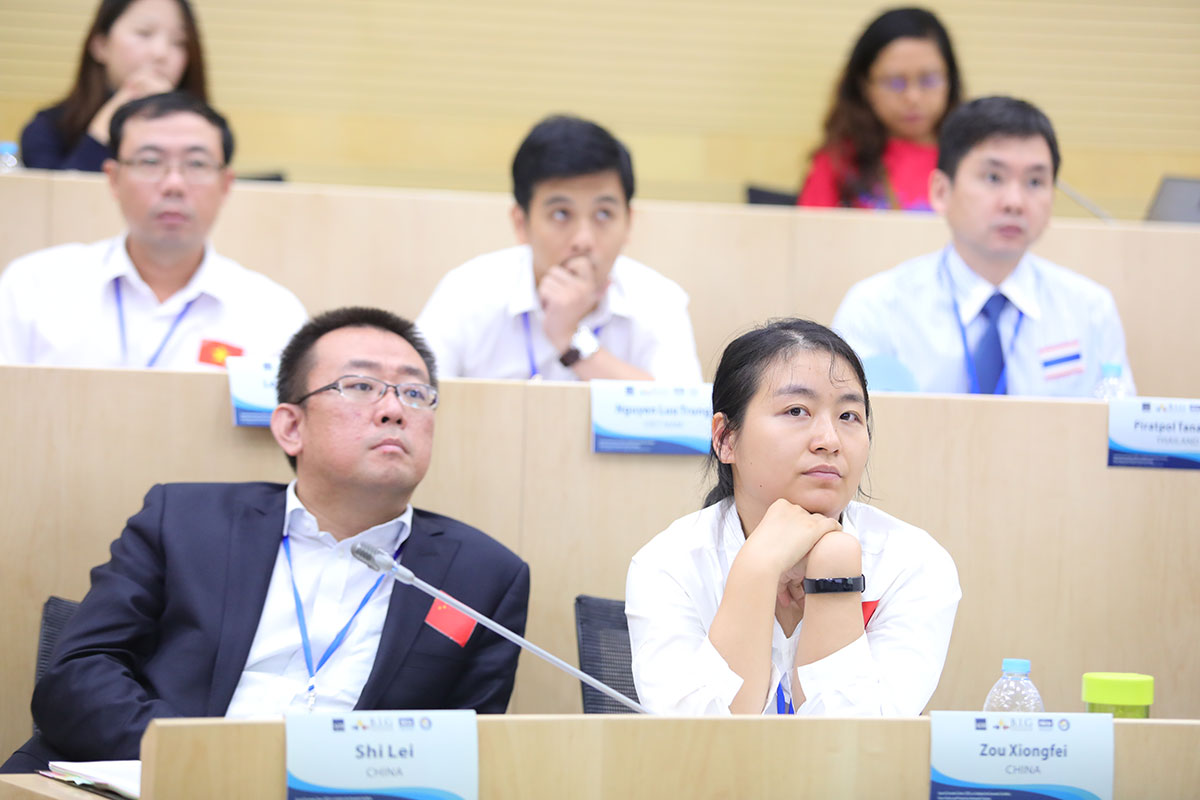Workshop & Training
Special Economic Zones (SEZs) As Catalysts for Economic Corridors, Value Chains and Production Networks 2017
25 Sep 2017 - 29 Sep 2017 Shanghai, The People's Republic of China



Special Economic Zones (SEZs) have proliferated in Asia as catalysts for economic growth and to alleviate poverty. Given the different levels of development of Asian countries, the adoption of SEZs has been an evolving proces,s involving various objectives which include export promotion, attracting FDIs, establishing global manufacturing, developing logistics services, liberalizing trade, and promoting trade networks. SEZs are increasingly recognized as instruments for advancing regional cooperation and integration (RCI) given they can spur competitiveness and structural transformation across borders, by expanding economies of scale, improving comparative advantages, and leveraging economic complementarities. SEZs and economic corridors are often used as complementary tools for RCI.
This capacity-building training aims to deepen participants’ understanding of SEZs as an essential element of RCI. The training will introduce participants to concepts, trends, and best practices on SEZ design, implementation and management. The program is designed to enhance participants’ analytical problem-solving skills and strategic thinking skills in formulating and implementing SEZ-related policies and actions. The training also provides a forum for participants to share experiences with counterparts from neighboring countries and develop a network of SEZs practitioners and leaders.
Organizers:
- ADB BIMP-EAGA, IMT-GT, and GMS (B.I.G) Programs
- Asia-Pacific Finance and Development Institute (AFDI)
Agenda:
Module 1: Development Context and SEZs Design, Implementation and Management
| Time | Program |
|---|---|
| 0800 – 0830 | Registration Pre-test Administrative Announcements |
| 0830 – 0900 | Opening Ceremonies Welcome Remarks and Messages Group Photo |
| 0900 – 1015 | Session 1.1 Introduction and Training Roadmap Interactive Exercise: Getting to Know You, Expectations Check and Training Overview and Objectives Pamela Asis-Layugan, Team Leader and Training Specialist (Consultant) and Jordana Queddeng-Cosme, Program Analyst (Consultant), ADB-RCDTA 8836 Interactive session for participants to get to know each other, develop learning contract and discuss the training overview and objectives. |
| 1015 – 1030 | Tea/Coffee Break |
| 1030 – 1200 | Session 1.2 Lecture and Discussions: Understanding Special Economic Zones (SEZs) as a Policy Option Aradhna Aggarwal, Chair Professor, Department of International Business and Economics, Copenhagen Business School The session will present SEZs concepts, types, evolution, rationale, role in economic development, benefits, linkages with development strategies and future trends. |
| 1200 – 1330 | Lunch Break |
| 1330 – 1500 | Session 1.3 Lecture and Discussions: Strategy Building and Policy Design for Effective SEZs Aradhna Aggarwal, Chair Professor, Department of International Business and Economics, Copenhagen Business School The session will introduce factors that lead to effective design, implementation and management of SEZs which can include land use and spatial planning, infrastructure and support services, institutional design and approaches, investment promotion, business development services, labor market development, and monitoring and evaluation. |
| 1500 – 1515 | Tea/Coffee Break |
| 1515 – 1545 | Session 2.1 Instruction for Workshop and Exercise: SEZs as Development Approaches in BIMP-EAGA, IMT-GT and GMS and Select Country Case Studies Pamela Asis-Layugan, Team Leader & Training Specialist (Consultant), ADB RCDTA 8836 and participants in multi-country teams Participants organized in teams (BIMP-EAGA, IMT-GT and GMS) to assess and present (Day 3) the subregional cooperation programs (SCPs): (i) SEZs development approaches (e.g. as part of economic corridors); (ii) benefits and opportunities; (ii) challenges and bottlenecks in SEZs design, implementation and management; and (iv) recommendations at national and subregional levels. Guide questions and template to be provided. |
| 1545 – 1630 | Session 2.2 Workshops and Exercises: SEZs as Development Approaches and Select SEZs Country Case Studies in BIMP-EAGA, IMT-GT and GMS Pamela Asis-Layugan, Team Leader & Training Specialist (Consultant), ADB RCDTA 8836 and participants in multi-country teams |
| 1645 – 2000 | Welcome Dinner at the Shanghai Oriental Pearl Tower |
Module 1: Development Context and SEZs Design, Implementation and Management
Module 2: Measuring Impact and Performance of SEZs
| Time | Program |
|---|---|
| 0830 – 1000 | Session 2.3 Presentation and Discussion: Implementation, Monitoring and Evaluation – How to Ensure the Effective Implementation of the Policy Aradhna Aggarwal, Chair Professor, Department of International Business and Economics, Copenhagen Business School The session will present different practices regarding the types of SEZs developed and their relevance in the overall context taken by countries in various subregions in Asia (e.g. Southeast Asia, East Asia, Central Asia and South Asia). Good practices, pitfalls to be avoided and drawing common lessons will be highlighted. National and subregional implications and SEZs as tools in regional cooperation and integration will be emphasized. |
| 1000 – 1015 | Tea/Coffee Break |
| 1015 – 1145 | Session 2.4 Lecture and Discussions: SEZs Experience of Selected Asian Countries Aradhna Aggarwal, Chair Professor, Department of International Business and Economics, Copenhagen Business School The session will present SEZ performance in Asia and other continents and will include tools, evaluation of performance and success drivers. |
| 1145 – 1315 | Lunch |
| 1315 – 1700 | Field Visit Sessions 3.1-3.2 Shanghai Pudong Development Zone and Shanghai Free Trade Zone (FTZ) Zhu Ming, Director, Office of Cooperation and Exchange, Shanghai Municipal Government
|
| 1730 – 2000 onwards | Free time and shopping downtown Participants make own dinner arrangements |
Module 3: The PRC’s Experience in Developing Economic Zones
Module 3: The PRC’s Experience in Developing Economic Zones
Module 4: SEZs as Catalyst for Economic Corridors and Platforms for Value Chains and Production Networks
Module 4: SEZs as Catalyst for Economic Corridors and Platforms for Value Chains and Production Networks
| Time | Program |
|---|---|
| 0900 – 0930 | Post Test |
| 0930 – 1015 | Session 4.6 Integration Exercise: Framework and Action Agenda for SEZs Development and Cooperation in BIMP-EAGA, IMT-GT and GMS Participants in multi-country teams Participants organized in teams (BIMP-EAGA, IMT-GT and GMS) work on integration exercise |
| 1015 – 1030 | Tea/Coffee Break |
| 1030 – 1200 | Session 4.7 Integration Exercise: Framework and Action Agenda for SEZs Development and Cooperation in BIMP-EAGA, IMT-GT and GMS Participants in Multi-country teams |
| 1200 – 1330 | Lunch |
| 1330 – 1500 | Session 4.8 Plenary Presentations (Part 1): Framework and Action Agenda for SEZs Development and Cooperation in BIMP-EAGA, IMT-GT and GMS Participants to present exercise outputs and experts to provide comments/guidance. |
| 1500 – 1515 | Tea/Coffee Break |
| 1515 – 1630 | Session 4.9 Plenary Presentations (Part 2): Framework and Action Agenda for SEZs Development and Cooperation in BIMP-EAGA, IMT-GT and GMS Participants to present exercise outputs and experts to provide comments/guidance. |
| 1630 – 1730 | Synthesis and Moving Forward Closing Ceremonies (Awarding of Certificates, Remarks and Messages) Group Photo |
| 1800 onwards | Closing Dinner in AFDI Restaurant |


